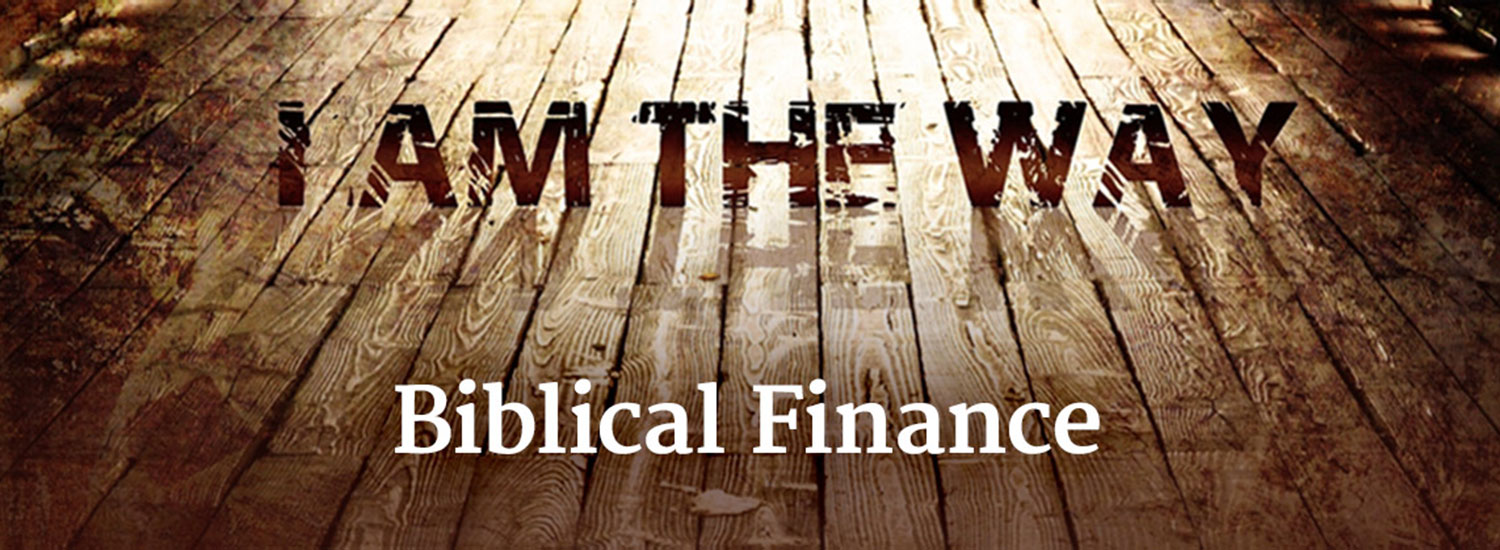Giving is the Key to Blessings and the Key to Understanding Biblical Finances
The Bible teaches us that we are blest in return when we give. This is not just a financial principle but a spiritual one. Giving is an act of worship and a way to honour God. It is an acknowledgement that all we have is a gift from God and that we should use it to further His Kingdom. In the book of Malachi, it says, “Bring the whole tithe into the storehouse, that there may be food in my house. Test me in this,” says the Lord Almighty, “and see if I will not throw open the floodgates of heaven and pour out so much blessing that there will not be room enough to store it.” This passage teaches us that when we give, we open the floodgates of blessings from God. Giving is not just about money; it can also be about time, talent, and resources.
Live Within Reasonable Boundaries
Believers are biblically directed to be content with what they have and to avoid the trap of constantly wanting more. 1 Timothy 6:6-10 says, “But godliness with contentment is great gain. For we brought nothing into the world, and we can take nothing out of it. But if we have food and clothing, we will be content with that. Those who want to get rich fall into temptation, a trap, and many foolish and harmful desires that plunge people into ruin and destruction. For the love of money is the root of all kinds of evil. Some people, eager for money, have wandered from the faith and pierced themselves with many griefs.” This passage reminds us that the love of money can lead to harmful desires and cause us to wander from faith. Living within reasonable boundaries means setting limits on our spending and avoiding the trap of constantly wanting more. It also means being content with what we have and avoiding the temptation to compare our lives to others.
Save and Invest
In the Bible, we are encouraged to save for the future and be prepared for unexpected circumstances. Proverbs 21:20 says, “In the house of the wise are stores of choice food and oil, but a foolish man devours all he has.” This passage reminds us that wisdom is demonstrated in saving for the future and preparing for unexpected circumstances. Investing is also a way of being good stewards of the resources God has given us. The Bible teaches us that we should use our resources to generate more resources. Matthew 25:14-30 the parable of talents, is a reminder of how investing can be a way of being faithful stewards of the resources God has given us.
Keep Out of Debt
The Bible says that it is the wicked that borrow money. STAY OUT OF DEBT. The Word tells us to avoid debt as much as possible and pay off any debt. Proverbs 22:7 says, “The rich rule over the poor, and the borrower is slave to the lender.” This passage reminds us that being in debt can lead to being controlled by others and being in a position of vulnerability. Romans 13:8 says, “Let no debt remain outstanding, except the continuing debt to love one another, for whoever loves others has fulfilled the law.” This passage reminds us that the only debt that should remain outstanding is the debt to love one another; all other debts should be paid off as soon as possible.
Prepare a Budget
Budgeting according to biblical principles involves managing one’s finances in a way that is consistent with the teachings and values of the Bible. This may include being financially responsible, avoiding debt, giving generously to others, and supporting the needs of the less fortunate. It may also involve being mindful of one’s spending habits and avoiding frivolous or unnecessary expenses. Additionally, it may include setting financial goals and working towards them in a disciplined and determined manner. Take courses, read books, study the Word – learn what you don’t know and then put it into action.
Don’t Cosign a Loan
According to the Word, it is generally advised not to cosign a loan. The Bible teaches the importance of being financially responsible and avoiding debt and cosigning a loan can put both the cosigner and the borrower at risk for financial trouble. Cosigning a loan means that the cosigner is responsible for repaying the loan if the borrower cannot do so, which can put a significant financial burden on the cosigner. Also, cosigning a loan can damage the relationship between the cosigner and the borrower, as the borrower may not take the loan as seriously or may not repay the loan promptly. Instead, it is encouraged to help others through wise counsel and by providing them with resources or opportunities to improve their financial situation and not put their finances at risk.
Work Hard
Working hard is a value that is often emphasized in the Bible. According to biblical principles, wisdom is shown through diligence and hard work. Proverbs 14:23 states, “All hard work brings a profit, but mere talk leads only to poverty.” And Proverbs 12:24 says, “Diligent hands will rule, but laziness ends in forced labour.” The Bible teaches that working hard is a way to provide for oneself and one’s family and is a means of honouring God with the abilities and resources He has given us. Additionally, working hard and being industrious is also a way to be a good steward of the resources God has given us and to fulfill our responsibilities to take care of ourselves, our family, and others.
Get Good Godly Advice
Getting good godly advice is essential to living according to biblical principles. The Bible teaches the importance of seeking wisdom and guidance from God and surrounding oneself with wise and godly counsel. Psalm 1:1 declares, “Blessed is the man that walks not in the counsel of the ungodly.” While Proverbs 11:14 states, “Where there is no guidance, a people falls, but in an abundance of counsellors there is safety.” Proverbs 12:15 also says, “The way of a fool is right in his own eyes, but a wise man listens to advice.” Proverbs 15:22 says, “Without counsel, plans fail, but with many advisers, they succeed.” Seeking wise and godly advice can help us navigate difficult decisions and challenges, and it can help us to make choices that are consistent with the teachings of the Bible. To make a well-informed decision, it is also essential to humbly seek advice from multiple sources, including those with more experience, who have lived through similar situations, and from spiritual leaders who are grounded in God’s word.
Rejoice In What You Have and Be Happy
Hebrews 13:5 says, “Let your conversation be without covetousness, and be content with such things that you have: for he has said, I will never leave you, nor forsake you.” The North American and European cultures are based upon getting, having and keeping. Trying to “keep up with the Joneses” is a way of life for many people. These economies are based on consumer spending. We think that we are poor if we do not have the latest smartphone. If you have the basics of life; food, clothing, shelter, and freedom, you have more than 50% of what the rest of the world’s population has.
Further to my point, watch these videos:
First World Problems Read By Third World People
First World Problems
World On Fire
The problem with most people is that they do not praise God for what they do have; they complain about what they do not have. Enjoy what the Lord has blest you with and be content. Learn these principles, study the Word, register for the Biblical Economics 101 course and buy some good bible based books on the subject.



